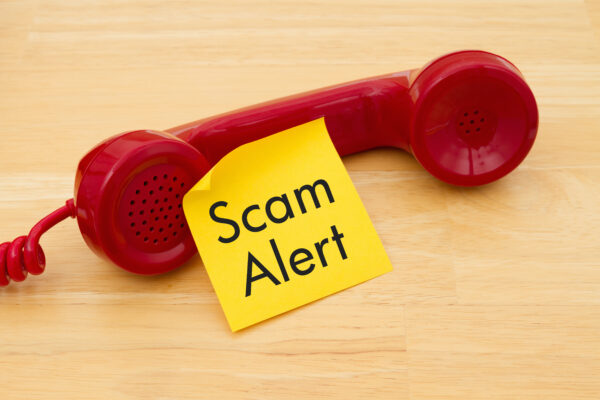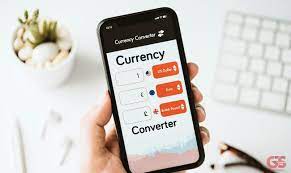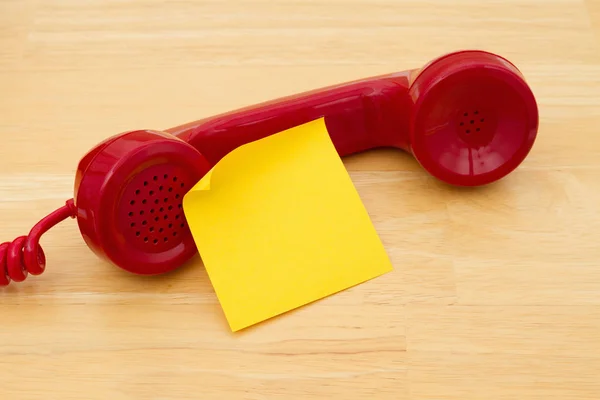Warning Spam call alert : 01217515743 / 0121-751-5743 / 0121 7515743 / +441217515743 / 44 01217515743 / 0121 751 5743
Introduction
who called me from 01217515743 : scammers and fraudsters have found increasingly sophisticated ways to exploit technology for their malicious purposes. One of the most prevalent forms of scams is spam calls, which can take various forms, such as phishing, identity theft, or financial fraud.
One particular phone number, 0121-751-5743, has gained notoriety as a source of scam calls. This post aims to shed light on the 0121-751-5743 spam call scam, explaining what it is, how it works, and what you can do to protect yourself from falling victim to such phone fraud.
Read more : https://goodnewsbyte.com/01772451126-who-called-me/
Understanding the 0121-751-5743 Spam Call Scam
Spam calls are a pervasive issue that affects millions of people worldwide. The 0121-751-5743 spam call scam is just one of many examples. This specific phone number has been reported by numerous individuals as a source of fraudulent activity. To comprehend this scam fully, it’s essential to explore its modus operandi:
- Caller Impersonation: Scammers often impersonate legitimate organizations, government agencies, or financial institutions to create a sense of urgency and legitimacy. The 0121-751-5743 scam is no exception; callers may pose as tax authorities, banks, or even tech support representatives.
- Social Engineering: Scammers utilize social engineering tactics to manipulate victims emotionally or psychologically. They may threaten legal action, offer fake rewards, or use enticing deals to lure individuals into their traps.
- Phishing for Information: A common goal of spam calls is to obtain personal information, such as social security numbers, credit card details, or login credentials. This information can be used for identity theft, financial fraud, or selling on the dark web.
- Pressuring for Payments: Another common tactic is pressuring victims to make immediate payments or transfers, claiming they owe money or have unpaid taxes. This pressure often leads to hasty decisions that can be financially damaging.
- Spoofing Caller ID: Scammers often use technology to spoof their caller ID, making it appear as though the call is coming from a reputable source. The 0121-751-5743 scam call may appear with a seemingly legitimate caller ID, further deceiving potential victims.
Protecting Yourself from the 0121-751-5743 Spam Call Scam
Now that we understand the nature of the 0121-751-5743 spam call scam, it’s crucial to know how to protect yourself from falling victim to such fraudulent schemes. Here are some practical steps you can take to safeguard yourself:
- Verify Caller Identity: Always verify the identity of the caller, especially if they claim to be from a government agency or a financial institution. Call back using official contact details to ensure you’re speaking with a legitimate representative.
- Never Share Personal Information: Do not share personal or financial information over the phone, especially if you didn’t initiate the call. Legitimate organizations won’t request sensitive data over the phone.
- Be Skeptical of Threats: Scammers often use threats to create fear and urgency. Be skeptical of any call that threatens legal action or immediate consequences.
- Educate Yourself: Stay informed about common phone scams and the tactics scammers use. Awareness is your first line of defense.
- Use Call Screening Apps: Consider using call screening apps that can identify and block known spam callers. These apps can help filter out potential scammers.
- Report Suspicious Calls: If you receive a call from 0121-751-5743 or any other suspicious number, report it to your local authorities and relevant government agencies. This helps them track and take action against scammers.
- Keep Personal Information Secure: Regularly change your passwords, monitor your financial accounts, and secure your personal information to minimize the impact of potential identity theft.
Conclusion
The 0121-751-5743 spam call scam is just one of the many phone scams that individuals encounter in today’s digital world. Scammers are continually evolving their tactics to deceive and defraud unsuspecting victims. However, with awareness and caution, you can protect yourself from falling prey to such scams. Always be vigilant, verify the identity of callers, and never share personal information over the phone.
By taking these precautions, you can reduce the risk of becoming a victim of phone fraud and contribute to the efforts to combat scams like the 0121-751-5743 spam call scam. Remember, your safety and security should be your top priority in the digital age.
FAQ
- What is the 0121-751-5743 Spam Call Scam? A . The specific number you mentioned, 0121-751-5743, may not be a well-known scam number, but phone scammers often use various numbers to hide their identity. They may impersonate legitimate organizations, such as government agencies, banks, or tech support, to trick you into providing personal or financial information. If you receive a call from an unfamiliar number, especially if it seems suspicious, be cautious and do not share sensitive information.
- How can I protect myself from phone fraud? A . To protect yourself from phone fraud:
- Don’t answer calls from unknown numbers.
- If you do answer, be cautious about sharing personal information or engaging in conversations with unsolicited callers.
- Hang up immediately if the caller requests payment, personal details, or threatens legal action.
- Register your number on the National Do Not Call Registry to reduce telemarketing calls.
- Consider using a call-blocking app or service to filter out spam calls.
- What should I do if I receive a suspicious call? A . If you receive a call that you suspect is a scam:
- Hang up immediately without providing any information.
- Do not call back the number or engage in conversation.
- If you’re unsure about a call, independently verify the caller’s identity by contacting the company or organization directly using official contact information.
- Are all unsolicited calls scams? A . Not all unsolicited calls are scams, but it’s essential to remain cautious. Legitimate organizations may contact you for various reasons, such as customer service or appointment reminders. Still, always verify their identity and be wary of sharing sensitive information.
-
What legal measures can I take against phone scammers? A . Phone scammers often operate from outside your jurisdiction, making it challenging to take legal action against them. However, you can report scam calls to your local law enforcement, the Federal Trade Commission (FTC), or your country’s equivalent consumer protection agency. Additionally, some countries and states have regulations in place to penalize phone scammers.




